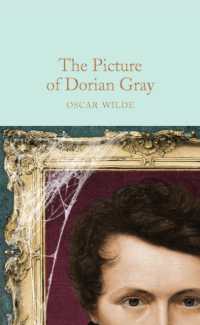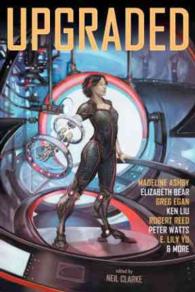- ホーム
- > 洋書
- > 英文書
- > Philosophy
Full Description
The Subject of Experience is about the self, the person. It takes the form of a series of essays which draw on literature and psychology as well as philosophy. Galen Strawson discusses the phenomenology or experience of having or being a self (What is the character of self-experience?) and the fundamental metaphysics of the self (Does the self exist? If so, what is its nature? How long do selves last?): he develops an approach to the metaphysical questions out of the results of the phenomenological investigation. He argues that it is legitimate to say that there is such a thing as the self as distinct from the human being. At the same time he raises doubts about how long selves can be supposed to last, insofar as they are distinct from human beings. He also raises a doubt about whether a self (or indeed a human being) can really be said to lose anything in dying. He criticizes the popular notion of the narrative self, and considers the differences between 'Endurers' or 'Diachronic' people, who feel that they are the same person when they consider their past and future, and 'Transients' or 'Episodic' people, who do not feel this. He considers the first-person pronoun 'I' and a number of puzzles raised by the phenomena of self-reference and self-knowledge. He examines Locke's, Hume's and Kant's accounts of the mind and personal identity, and argues that Locke and Hume have been badly misunderstood.
Contents
1: Introduction: 'The I, the I'
2: 'The self'
3: The self and the sesmet
4: Against corporism
5: I have no future
6: 'We live beyond any tale that we happen to enact'
7: The unstoried life
8: Self-intimation
9: Fundamental Singleness: how to turn the Second Paralogism into a valid argument
10: Radical self-awareness
11: I and I: immunity to error through misidentification of the subject
12: 'The secrets of all hearts': Locke on personal identity
13: 'When I enter most intimately into what I call myself': Hume on the mind
14: 'All my hopes vanish': Hume on the mind







